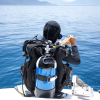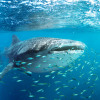Presentation of Scuba Diving Equipment
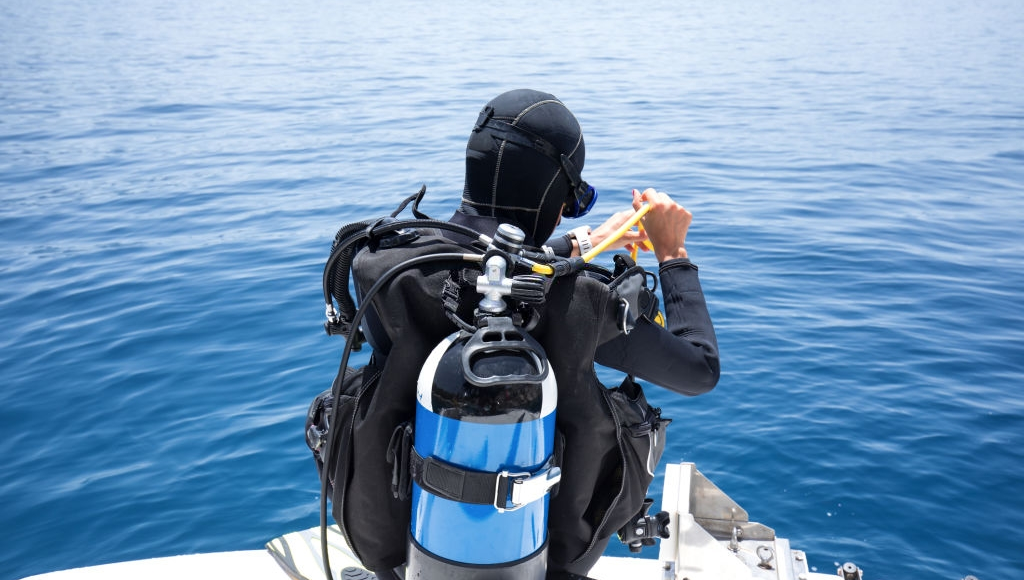
Diving Equipment: Mask, Snorkel, BCD, Regulator, Wetsuit, Fins…
Scuba diving allows you to explore the wonders of the underwater landscape and the richness of its flora and fauna up close. Before embarking on your underwater adventure in your chosen destination, it’s essential to equip yourself properly and enjoy the appropriate gear for more pleasure, safety, and comfort during your dives. Some equipment is up to the diver’s preference, while others are mandatory according to the sports regulations and form part of the basic gear. Diving equipment can be expensive, so purchases should be made thoughtfully, considering your expectations (will you be diving occasionally or are you a passionate enthusiast?) to begin your journey with your own gear.
Venturing into the Depths
Before diving headfirst into the deep sea, it’s advisable to start with snorkeling or skin diving, a transitional activity that allows you to observe the seabed from the surface. The advantage of this leisure activity is its accessibility, requiring minimal equipment – namely the PMT kit (fins, mask, snorkel), a signaling accessory (buoy, etc.), and a full protection top or shorty wetsuit. This will allow you to ease into the marine world. Scuba diving, on the other hand, requires more investment and specialized training.
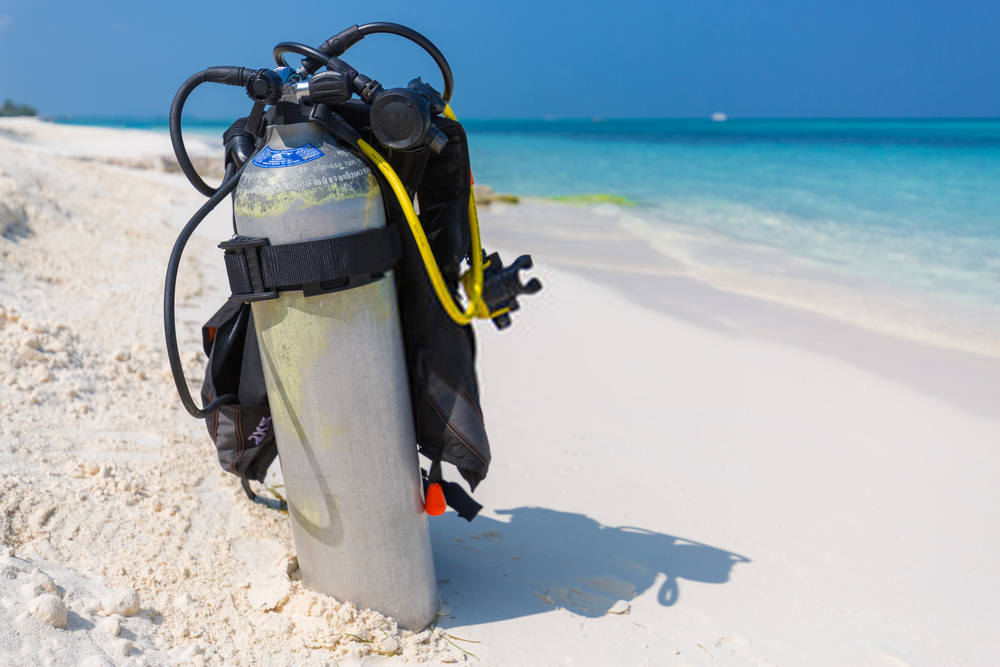
Diver’s Equipment
What are the essential and secondary accessories for scuba diving? The basic scuba equipment you acquire for pool initiation should also be suitable for at least a few dives in the sea. Let’s review the range of diver’s equipment:
Basic Gear for Underwater Activities
Scuba diving requires the right equipment to make the most of the sea or other aquatic environments. The essential three pieces of gear for a diver, free diver, or even spearfisher are diving or snorkeling fins for movement and balance in the water, a snorkel to breathe while keeping your head underwater, and a mask to ensure clear vision underwater. The snorkel is not necessarily required for scuba diving.
Wetsuit and Thermal Protection
When it comes to thermal protection, you have two main options: a shorty wetsuit, which is a combination of shorts and a short-sleeved top typically used in pools or very warm waters, or a full wetsuit allowing you to stay underwater for a longer time. There are various categories of diving suits: waterproof, semi-waterproof, wet, neoprene, tri-laminate, each available in different thicknesses depending on the type of diving and water temperature. In addition to the suit, a diver is equipped with boots, gloves, and a hood to protect the extremities of the body. As for diving weights (belt and lead weights), they enable a diver to achieve proper buoyancy for easy underwater immersion.
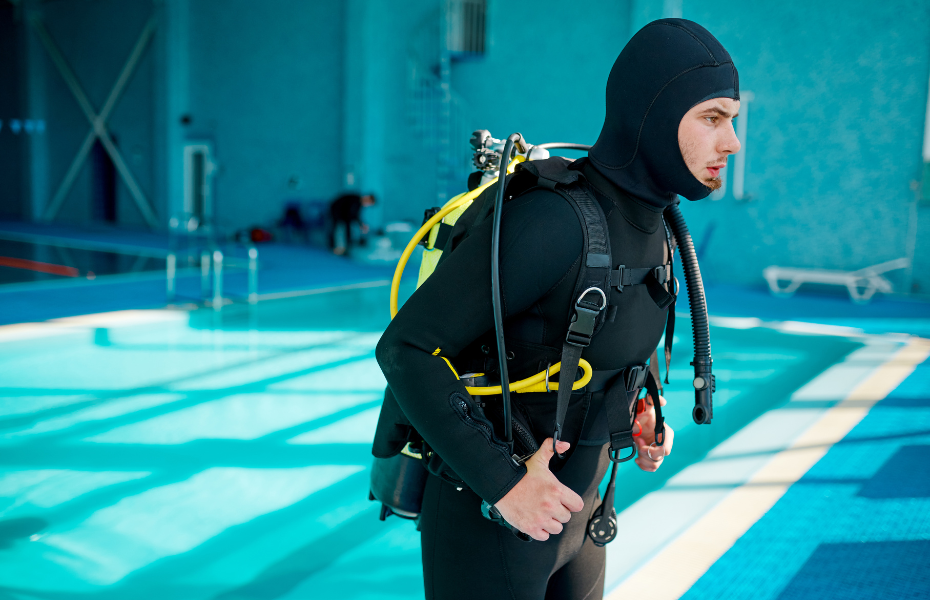
Specialized Diving Equipment
For maintenance and budget reasons, the scuba tank or dive cylinder, which provides the breathing air for the diver (dive autonomy), is often supplied by dive clubs and centers, regardless of your travel destination. Whether you’re diving during the day or at night, you’ll quickly realize that a dive light or underwater flashlight becomes essential for better observing marine life. The buoyancy control device (BCD), also known as a dive stab jacket, allows the diver to stabilize, ascend, descend, or maintain buoyancy by inflating or deflating the device. The regulator, consisting of a first stage attached to the tank and a second stage held in the diver’s mouth for breathing, enables the pressurized air from the tank to be transformed into ambient pressure air ready to be breathed.
Instruments and Accessories
Diving instruments and accessories play a vital role in ensuring safe scuba diving practice. Among these equipment, the dive computer watch is an indispensable tool for measuring parameters such as depth, dive duration, and ascent times, ensuring a secure immersion. Additionally, the pressure gauge is an important instrument for obtaining an indication of the remaining air pressure in the tank, attached to the first stage of the regulator. The dive compass is another essential tool for underwater navigation, allowing divers to maintain precise headings.
Other accessories are also available for divers. The dive knife is a versatile tool used for various tasks and can be essential in certain situations. The lift bag, whistle, and octopus (reserve second stage) are other examples of significant accessories for underwater safety and communication.
When you invest in your own diving equipment, a waterproof bag becomes an essential element for storing and transporting your gear and accessories. Some bags are specially designed to accommodate diving fins or other specific gear. Furthermore, it’s natural to want to capture underwater photos during your diving trips to preserve and share memories with your family and loved ones. For this purpose, you’ll need a digital underwater camera and video equipment, such as a waterproof housing, strobes, and other diving-adapted accessories.
By investing in the right diving instruments and accessories, you’ll be equipped to fully enjoy your underwater explorations while ensuring your safety and preserving precious memories.
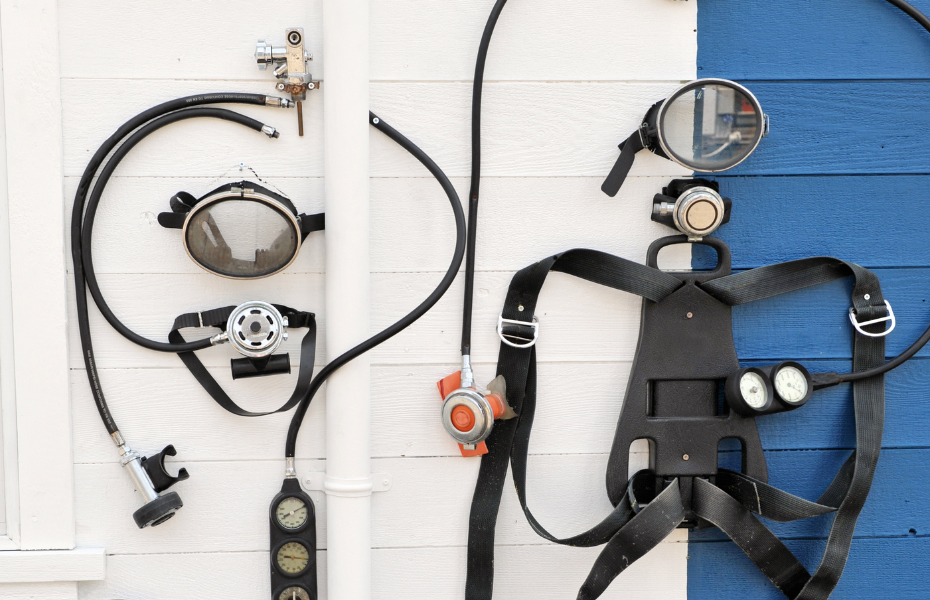
What about Technical Diving?
For more advanced dives, such as deep dives, wreck explorations, or extended immersions, specific equipment is required. Technical divers, also known as TEK divers, may opt for equipment such as a full-face mask, communicator, sidemount harness, wing, or even a rebreather. These specialized gears are designed for experienced divers and require specialized training. As you gain experience through numerous dives, you might venture further into the depths.
Now that you have an overview of essential gear and secondary accessories for diving, it’s time to equip yourself and seek professional advice. Whether you choose to shop online or at a specialized store, it’s essential to select high-quality equipment suited to your needs and diving level. The experts in the field can guide you in choosing the equipment that best suits you.
In Khao Lak, Thailand, we offer a comprehensive range of diving courses tailored to all levels, from beginners to technical divers. Whether you wish to learn the basics of diving, improve your skills, or obtain a professional Divemaster certification, our experienced instructors are here to support you.
Experience the beauty of the Andaman Sea in Thailand with the right gear and the expertise of our Andaman Scuba team, organizing dive trips, dive cruises, and diving courses.

